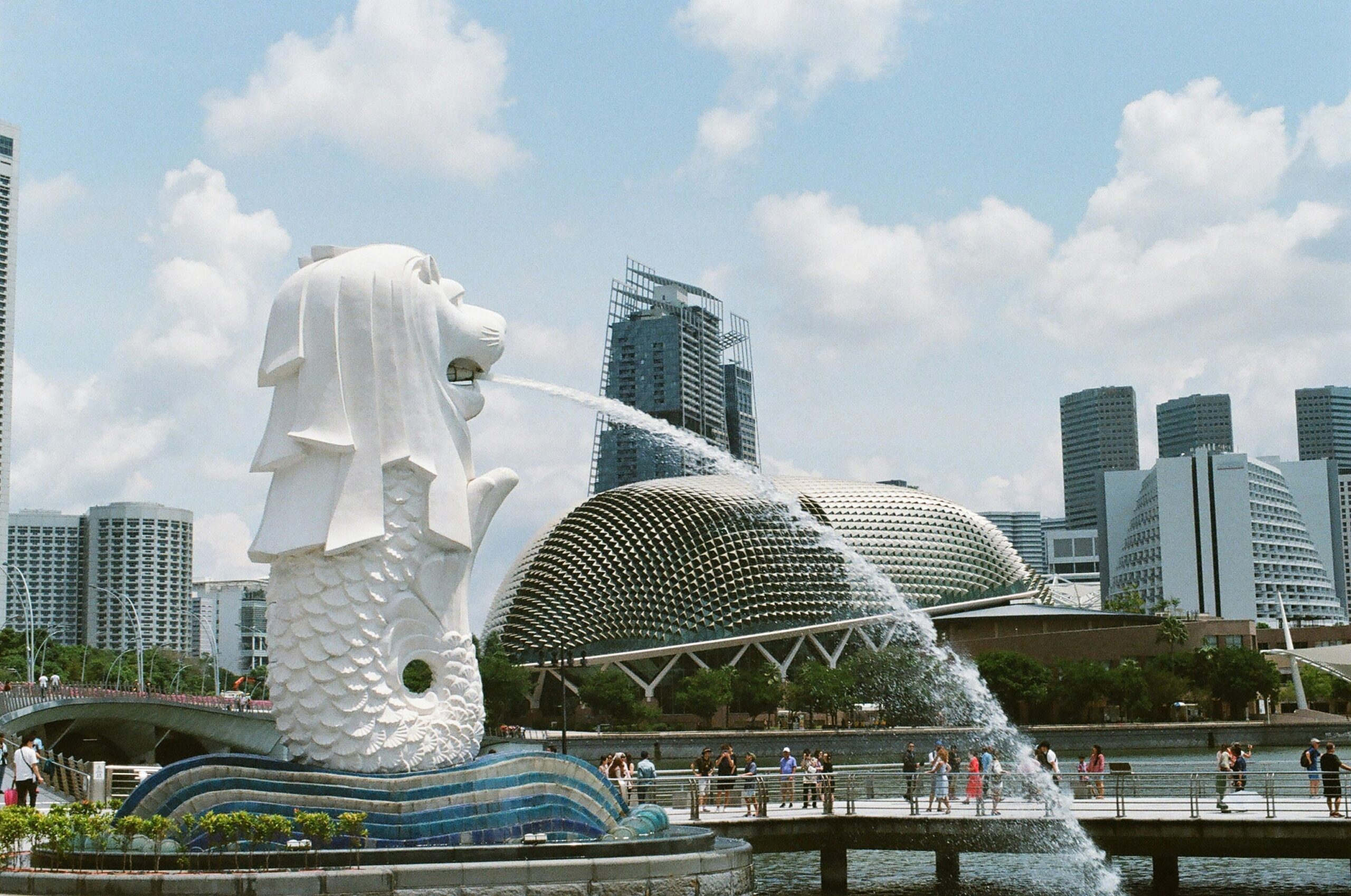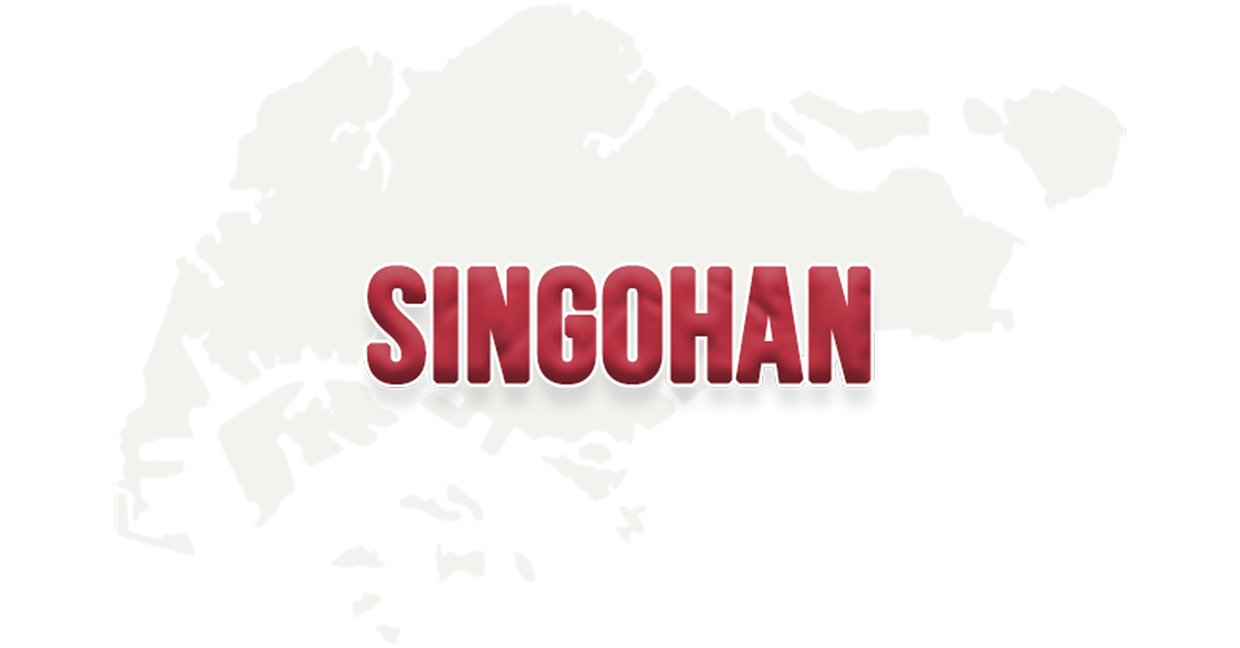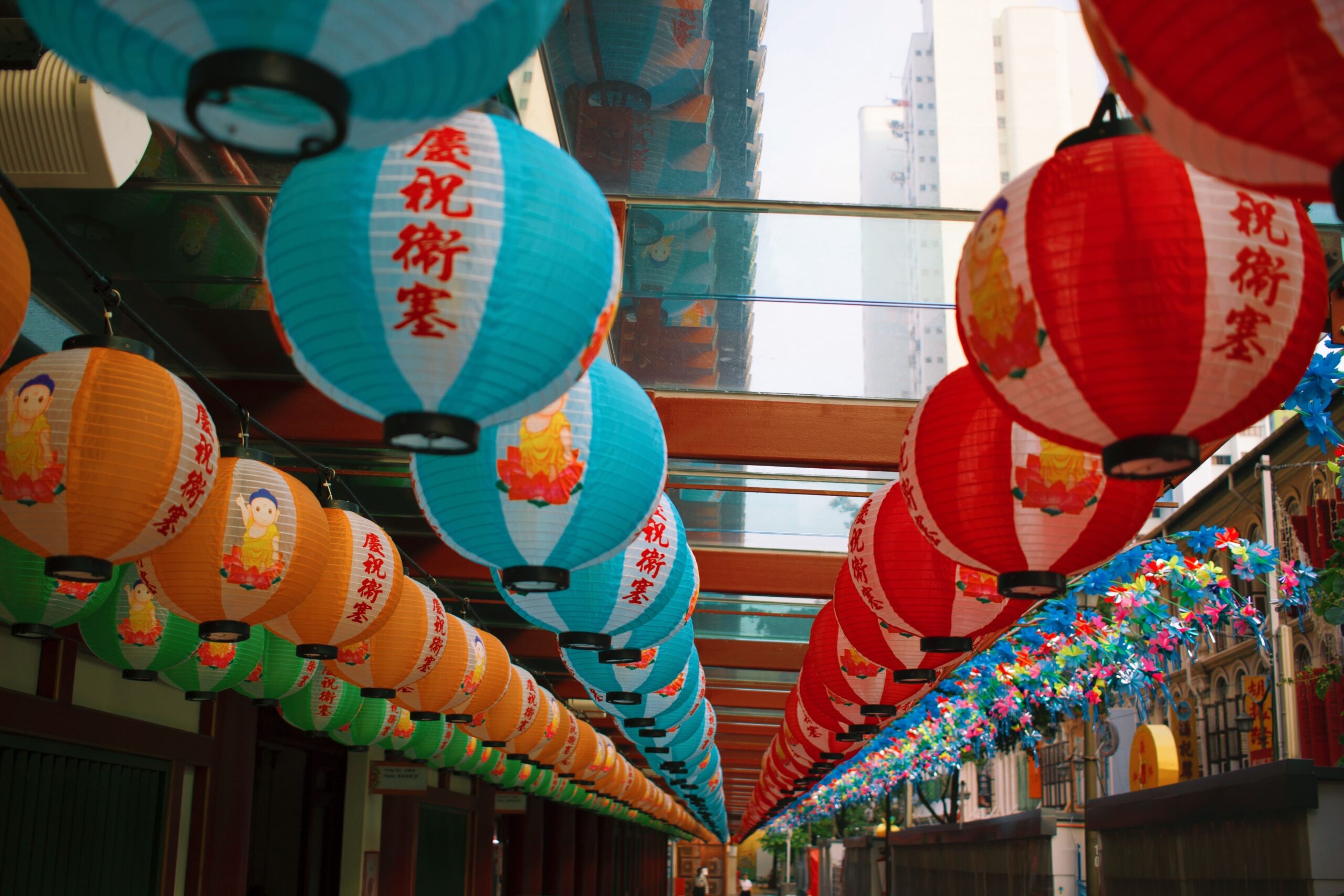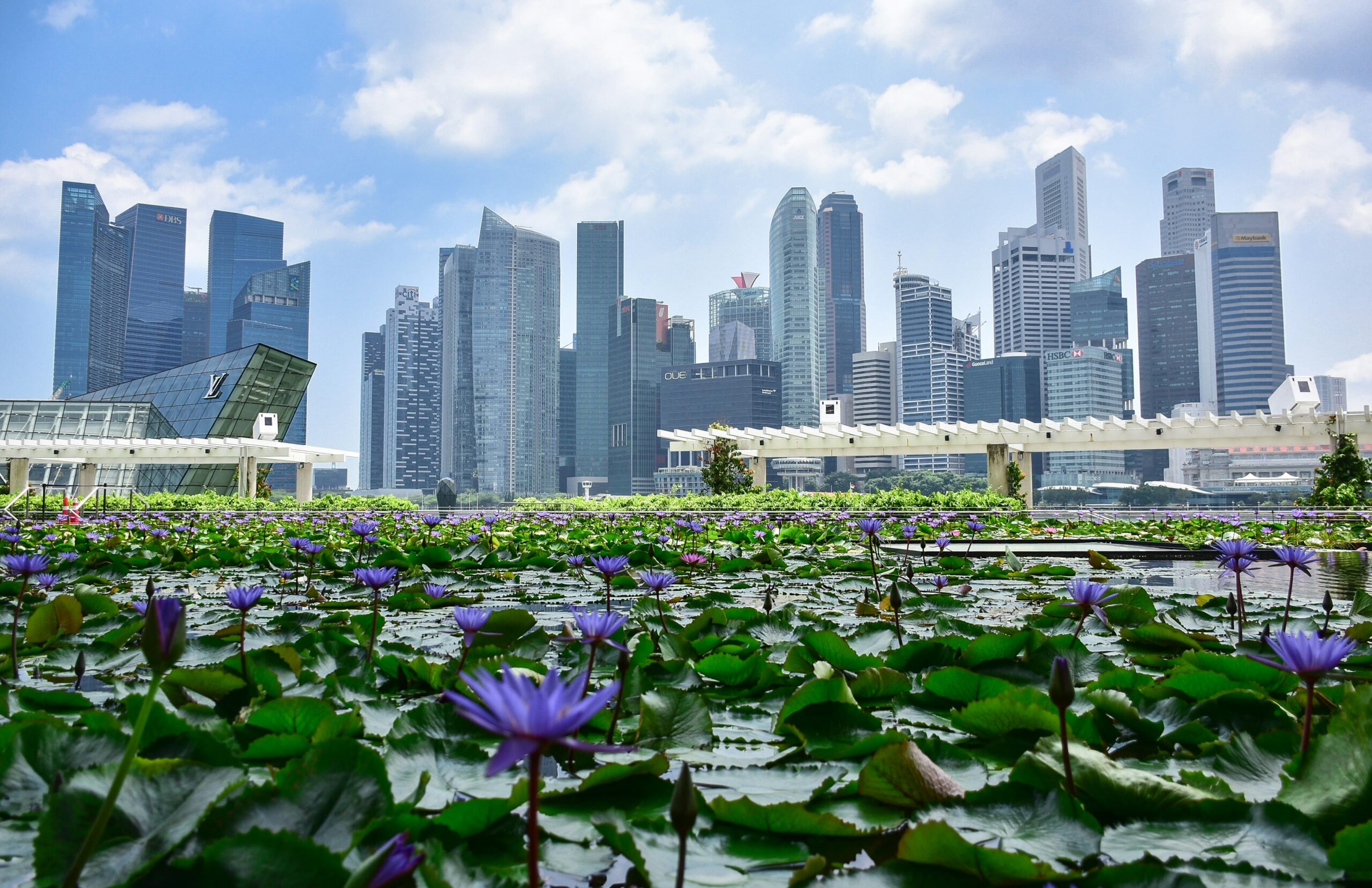Thinking about Moving to Singapore? Key Pros and Cons You Need to Know

Singapore has become one of the world’s most sought-after destinations for expatriates and global professionals. With its reputation for safety, advanced infrastructure, and dynamic multicultural society, Singapore appeals to people from all corners of the world. However, moving to a new country always comes with both upsides and challenges. In this article, we’ll break down the real pros and cons of relocating to Singapore, helping you decide if it’s the right destination for your next chapter.
目次
1. The Advantages of Living in Singapore
Singapore offers unique benefits that make it highly attractive to expatriates.
1-1. Unmatched Safety and Cleanliness
The city-state’s strict laws and regulations have created a very safe environment. Low crime rates mean you can walk around at night with little to worry about. Public spaces are clean and well-maintained.
1-2. Excellent Healthcare and Public Services
Singapore boasts world-class healthcare facilities, easily accessible to both locals and foreigners. Its efficient MRT and bus network makes commuting a breeze, while the city’s overall cleanliness enhances everyday life.
1-3. International, Multicultural Community
English is the main working language, and people from all over the world call Singapore home. This creates endless cross-cultural business and personal opportunities, as well as access to high-quality international education for families.
1-4. Simple Tax System and Convenient Urban Life
With relatively low personal and corporate taxes, Singapore is business-friendly. The city’s compact size means short commutes, plenty of shopping options, and a vibrant dining and leisure scene.
2. The Disadvantages of Moving to Singapore
However, expat paradise comes with its own set of hurdles.
2-1. High Cost of Living
Singapore regularly ranks as one of the world’s most expensive cities. Rental prices are steep, especially for centrally located or high-quality apartments. Eating out and imported groceries are costly, making budgeting essential.
2-2. Tropical Climate and Lack of Seasons
The climate is hot and humid year-round, which can be a challenge for those used to four seasons. While you’ll avoid earthquakes and typhoons, you’ll need time to adjust physically and mentally.
2-3. Strict Laws and Regulations
While rules make for a safe and orderly society, they can be hard to adjust to. Eating or drinking in prohibited areas and other minor infractions can result in hefty fines. Some find the “no-nonsense” system restrictive.
2-4. Cultural and Language Barriers
Although English is widely spoken, Singapore’s “Singlish” dialect and multicultural customs may require some adaptation. Business etiquette and daily interactions can sometimes feel unfamiliar or challenging.
3. Who Might Singapore Suit?
Given these factors, who will thrive in Singapore?
Ideal for Those Who:
- Are open to cross-cultural experiences
- Want to advance in an international business environment
- Value safety, high-quality medical care, and education
- Enjoy urban convenience and global networking
May Not Be Ideal for Those Who:
- Need a lower cost of living
- Prefer a rural lifestyle or temperate climate
- Dislike strict rules and close regulation
Conclusion
Singapore offers many advantages—world-class safety, efficient services, rich business and educational opportunities. Yet, its high living costs, never-ending summer, and strictly regulated society are not for everyone. Careful research and personal reflection are essential to deciding if Singapore is the best move for your next adventure.
(Photo by Unsplash.com)



